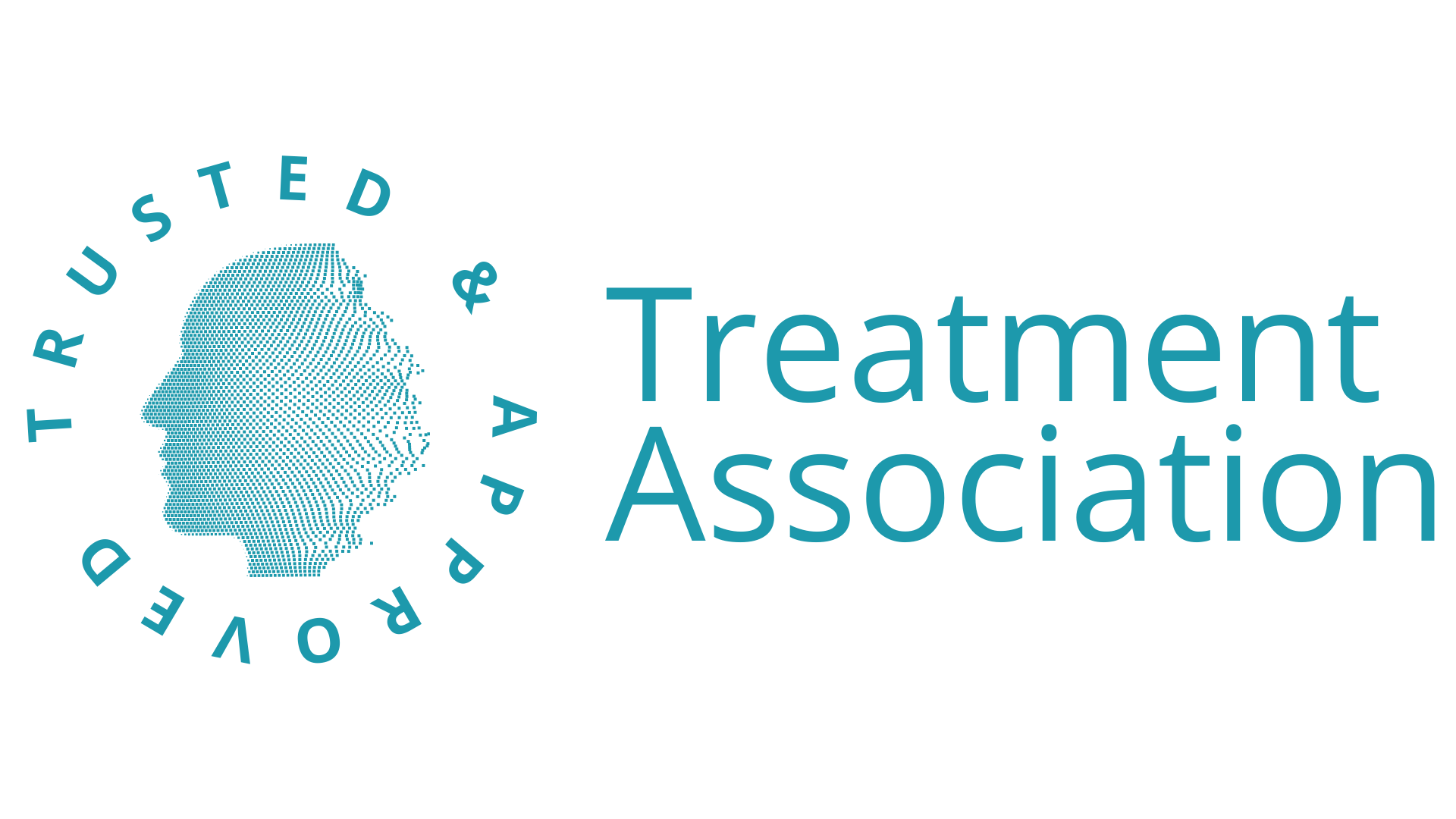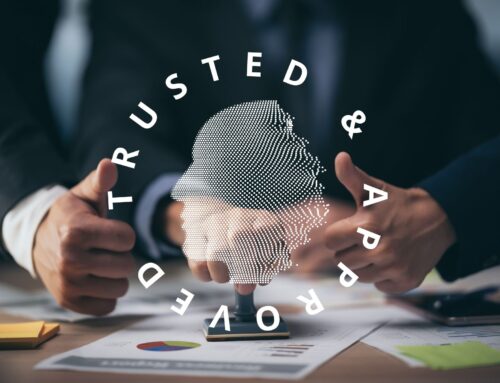Introduction
When it comes to choosing a treatment center for mental health or substance abuse, the abundance of choices can feel like trying to find your way out of a maze blindfolded. It’s tricky, overwhelming, and downright confusing. However, there’s a beacon of light amidst the labyrinth – accreditations for treatment centers. Accreditations, like a lighthouse guiding a ship through foggy waters, help you navigate towards quality, ethical, and safe care.
Accreditation: The What, Why, and How
What is Accreditation?
Accreditation is a seal of approval, a stamp of trust, if you will. It tells you that a treatment center meets stringent standards of quality and safety. The process involves a thorough evaluation by an independent, authoritative body to ensure the center’s services are up to par. For our company, Treatment Association, this is more than a badge of honor. It’s a non-negotiable requirement.
Why is Accreditation Important?
The importance of accreditations for treatment centers can’t be overstated. Here’s why:
- Quality Assurance: Accreditation assures you that the center is capable of providing the level of care you or your loved one needs. It’s a testament to the center’s commitment to maintaining high standards of care.
- Safety: Accredited centers adhere to strict safety guidelines, ensuring a safe environment for patients.
- Accountability: Accreditation holds treatment centers accountable, encouraging continual improvement and adherence to best practices.
How Does a Treatment Center Get Accredited?
Obtaining accreditation isn’t as easy as pie. It involves a rigorous evaluation process that scrutinizes every aspect of the center’s operations. Here’s a simplified version of the process:
- The center applies for accreditation with an accrediting body.
- The accrediting body conducts an in-depth review of the center’s policies, procedures, and operations.
- If the center passes muster, it is granted accreditation.
Key Accrediting Bodies
When it comes to accreditations for treatment centers, not all are created equal. Here are the crème de la crème of accrediting bodies:
- The Joint Commission: Often considered the gold standard in health care accreditation, The Joint Commission conducts rigorous evaluations of treatment centers.
- The Commission on Accreditation of Rehabilitation Facilities (CARF): With a focus on quality and results, CARF accredits a wide range of health and human services, including substance abuse and mental health treatment centers.
- The Council on Accreditation (COA): COA accredits a wide variety of social service organizations, including behavioral health and substance abuse treatment centers.
FAQs on Accreditations for Treatment Centers
Q1: Does an accreditation guarantee that a treatment center will meet my specific needs?
While accreditation ensures a center’s commitment to quality and safety, it doesn’t necessarily mean it will meet your specific needs. It’s essential to consider other factors like the types of services offered, the center’s approach to treatment, and whether it specializes in treating your particular condition.
Q2: How often do treatment centers need to renew their accreditation?
Most accrediting bodies require treatment centers to renew their accreditation every one to three years. This ensures they continue to meet high standards of care, ethics, and safety.
Q3: Can a treatment center lose its accreditation?
Yes, indeed. If a center fails to maintain the standards set by the accrediting body, its accreditation can be revoked. This safeguard ensures that treatment centers remain dedicated to delivering high-quality care.
Q4: How can I find out if a treatment center is accredited?
Typically, treatment centers display their accreditations prominently on their websites. If not, you can always contact them directly and ask. Moreover, accrediting bodies often have a directory of accredited centers on their websites.
Conclusion: The Takeaway
The world of treatment center accreditations can seem like a spaghetti junction, full of twists and turns. However, understanding these accreditations is crucial when choosing the right center for you or your loved ones. They serve as a testament to a center’s dedication to providing top-notch, safe, and ethical care.
In the grand scheme of things, accreditations for treatment centers act as a compass, guiding you towards the best care. They provide an assurance that the treatment center you choose is held to a high standard and is dedicated to maintaining that standard. In our quest at Treatment Association, we make it a priority to connect individuals with accredited centers, ensuring they receive the best possible care for mental health and substance abuse. Remember, accreditation matters, and it could make all the difference in your journey towards recovery.
As we say in the Treatment Association, “Quality care is more than a commitment; it’s a journey, and accreditation is the compass that keeps us on track.” So, whether you’re in the thick of your search or just beginning, let the light of accreditation guide your way. You’re not alone in this labyrinth, and with the right guidance, you’ll find the path to quality care.






